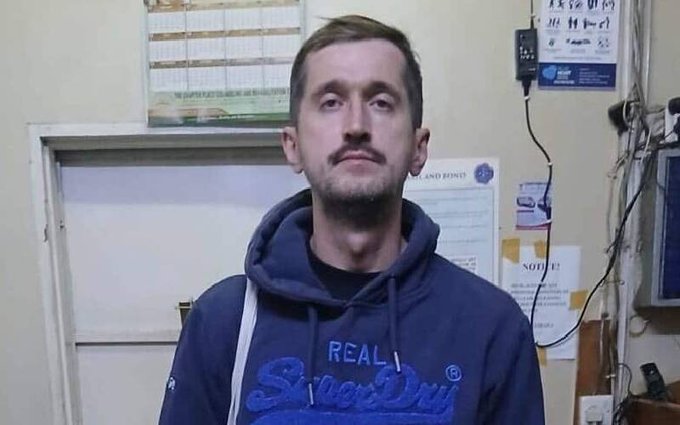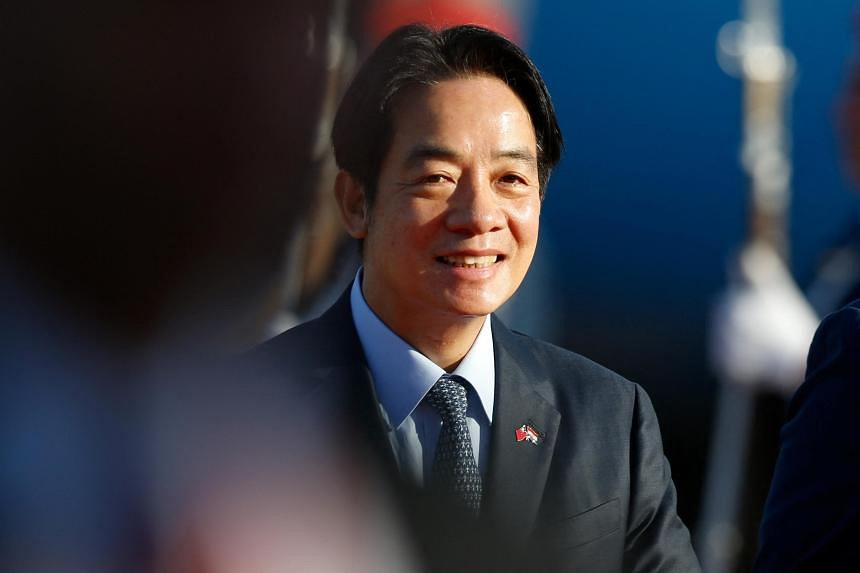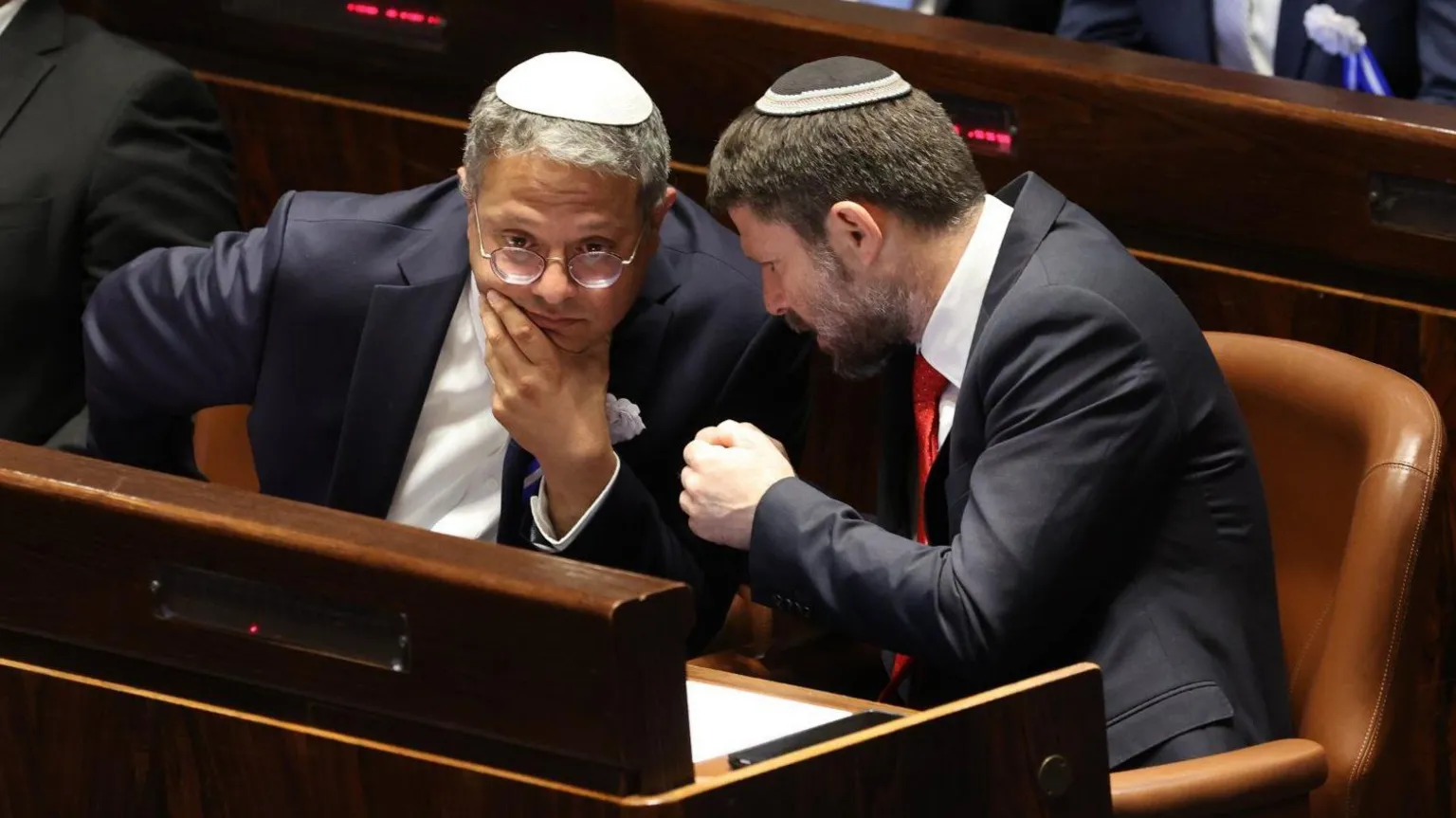Mikhail Lyapin arrived in Kenya in 2016 and, the following year, launched Africaloan, a mobile lending application that he operated for eight years amid accusations that he openly boasted on social media about “squeezing” millions of shillings from Kenyans. His racist attitude was further exposed when he reportedly claimed that any white man could meet the president and bribe him with KSh 51,000 (US$400)
To unlock the full article:
Choose one of the options below:
- Ksh 10 – This article only
- Ksh 300 – Monthly subscription
- Ksh 2340 – Yearly subscription (10% off)
By Our Reporter
The arrest of a Russian citizen in Nairobi by detectives from the Directorate of Criminal Investigations (DCI) on Friday, and his sudden departure from the country, have raised questions about what his actual offence was, amid claims that he was recruiting Kenyan citizens to fight for Russia in Ukraine.
While the Russian Embassy in Nairobi confirmed the arrest and questioning of Mikhail Lyapin, as well as his subsequent departure from Kenya, it insisted that this was related to his business activities in the country and that his exit had been pre-planned.
“In the evening of 25 September 2025, Kenyan law enforcement officers escorted Mikhail Lyapin, a citizen of the Russian Federation, to one of the Nairobi offices of the Directorate of Criminal Investigations (DCI) in order to question him about his business activities in the country. Upon completing all necessary procedures, in the afternoon of 26 September, Mr Lyapin, in accordance with his previous plans, left Kenya,” the embassy said in a statement.
It added that diplomats from the embassy provided the necessary consular and legal assistance to the Russian citizen and ensured that his legal rights were not violated. “As of today, the Russian Embassy has no official information from the Kenyan authorities regarding any claims against the Russian citizen or his activities. Contrary to reports in several media outlets, Mr Lyapin has never been an employee of Russian governmental bodies and does not work at the Russian Embassy in Nairobi.”
The embassy further stated that it remained open to constructive cooperation with the Kenyan authorities on matters concerning Russian citizens in Kenya, including their compliance with both Kenyan and Russian legislation, and would continue to work to protect their rights and interests.
At the same time, it urged Kenyan citizens travelling to the Russian Federation for study, work, tourism, or other purposes to contact its Consular Section should they have any inquiries, while advising Russian citizens in Kenya to register with the mission’s Consular Section.
Lyapin arrived in Kenya in 2016 and, the following year, launched Africaloan, a mobile lending application which he operated for eight years amid accusations that he openly boasted on social media about “squeezing” millions of shillings from Kenyans.
He also founded the information technology start-up Stealth-stage. Media reports allege that he showed disdain for Kenyans, describing them as “people who are often unreliable and childish”, including his employees, whom he regarded merely as cheap labour. His racist attitude was further evident when he reportedly boasted that any white man could meet the president and bribe him with KSh 51,000 (US$400).
Authorities have yet to reveal why he was arrested and later departed from the country, or whether it was connected to his business dealings or to claims of recruiting Kenyans to fight for Russia.
Last week, police rescued more than 20 people from a suspected human trafficking ring that lured them with promises of jobs in Russia but intended to send them to fight in Ukraine. This followed an intelligence-led raid on a residential apartment on the outskirts of Nairobi, where officers seized recruitment materials, travel documents, and job offer letters.
According to police, the victims had signed contracts with an unnamed overseas employment agency, committing to pay up to KSh 2.3 million (US$18,000) for visas, travel, accommodation, and other logistics. Some of the victims reported that they had already paid deposits of KSh 193,725 (US$1,500). Once recruited, police said, many of those trafficked return home injured, traumatised, or in some cases never make it back.
Recently, the BBC published a story on the plight of a Kenyan being held as a prisoner of war (PoW) in Ukraine. Foreign Affairs Principal Secretary Korir Sing’oei later wrote on social media that the government was closely following information on three or four Kenyans allegedly trafficked to Russia and currently held as PoWs by Ukraine.
“We shall provide additional information. In the meantime, we assure the families that our mission in Moscow and our teams at HQ are pursuing the matter with all diligence.”
[/full]





